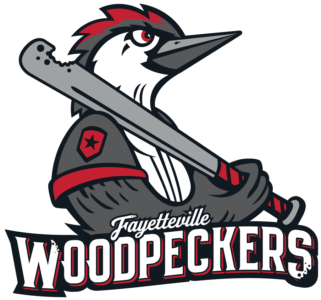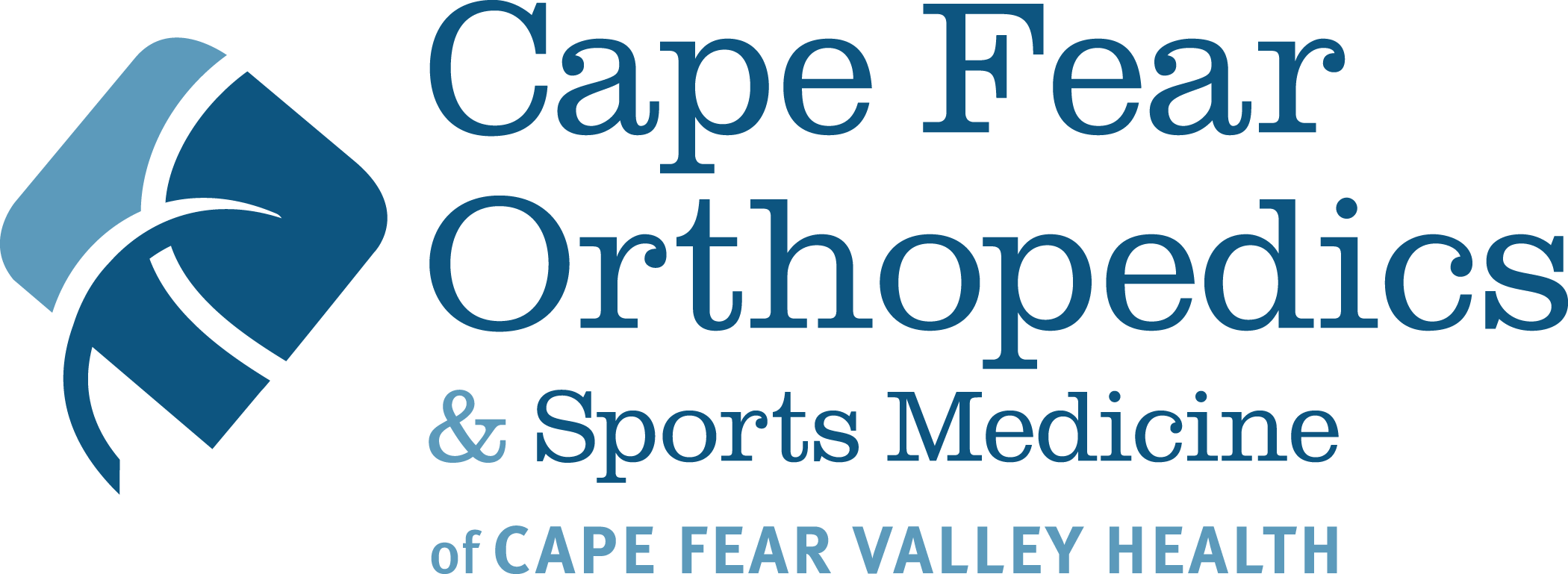Sports Medicine
Sports Medicine


Whether youth, professional, or in between, Cape Fear Orthopedics & Sports Medicine will keep you in the game. The experienced staff has the techniques and expertise to manage a variety of injuries, both acute and chronic. Rehabilitation programs are specifically designed to provide a safe, progressive return to play. Each program is customized to focus on return to activity following an injury, whether operative or non-operative.
Our specialty-trained sports medicine doctors at Cape Fear Orthopedics & Sports Medicine are recognized experts in the diagnosis and treatment of sports-related injuries and conditions with our expertise in sports medicine. The sports medicine doctors take a team approach in helping you return to your favorite sports and activities.
Our sports medicine specialist, Dr. Jason Lowe, is a board-certified orthopedic surgeon. Dr. Lowe completed his undergraduate degree at Johns Hopkins University and received his medical degree from Loyola University of Chicago Stritch School of Medicine.
Foot & Ankle – Ankle Sprains, Achille’s Injuries
ANKLE SPRAINS – Ankle sprains can range from mild to severe, depending on how badly the ligament is damaged and how many ligaments are injured. All ankle sprains involve twisting of the foot, causing damage to the ligaments of the ankle. Even though ankle sprains are common, that does not mean they are always minor injuries. Some people with repeated or severe sprains can develop long-term joint pain and weakness. Treating a sprained ankle can help prevent ongoing ankle problems.
Shoulder – Rotator Cuff Injuries, Dislocation, Labral Tears, Frozen Shoulder
ROTATOR CUFF INJURIES – Rotator cuff injuries that happen as a result of overuse are most common in older individuals and athletes competing in sports such as baseball, tennis, basketball, golf, and swimming. Tears resulting from trauma are typically attributed to falls or collision sports such as football, lacrosse, and ice hockey. It is also very common to tear one or more of the rotator cuff tendons when you dislocate your shoulder.
DISLOCATION – A dislocated shoulder can result from a variety of situations that involve impact to the shoulder. The most common sports causes of dislocation are football and hockey. Without proper and thorough rehab, you risk another shoulder dislocation. The professional physical therapists at Cape Fear Orthopedics and Sports Medicine can provide proper rehab and help you get back in the game after a partial or complete shoulder dislocation.
LABRAL TEARS – The shoulder is often injured during throwing sports such as baseball or football. “SLAP tear” is actually an acronym, meaning Superior Labral Tear from Anterior to Posterior. With a SLAP tear specifically, the top portion of the labrum; where the labrum attaches to the bicep tendon is injured.
Elbow – Bicep/Tricep Injuries, Throwing Athlete Injuries
BICEP/TRICEP INJURIES – Bicep tendonitis is an inflammation of the tendons that connect the biceps muscle. It often occurs from the result of a repetitive motion overuse caused by repeated overhead motion. Sports that increase your risk of bicep tendonitis include swimming, baseball, and tennis.
Knee – ACL, Meniscal Tear, Cartilage Injury
MENISCAL TEAR – Meniscus tears can occur when you play sports. A meniscus tear is usually caused by turning quickly, with the foot planted and the knee is bent. A meniscal tear can inhibit your knee from working correctly and cause pain.

